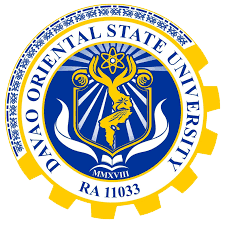Vulnerability, adaptation and resilience to climate change of upland farming communities in Davao Oriental, Philippines
DOI:
https://doi.org/10.59120/drj.v15i1.191Keywords:
Climate change, resilience, vulnerability, upland farmingAbstract
The impacts of climate change are inevitable. Farming communities will be vulnerable to these climate impacts, but the proper assessment of site-specific community resilience is the key to improving and strengthening necessary resilience indicators needed to address the ever-increasing effects of climate change, such as drought and flood/landslide. This study highlights the importance of assessing the right resilience indicators to achieve long-lasting sustainability in upland farming communities, particularly in Davao Oriental, Philippines. The study aims to assess climate change effects, determine site-specific resilience indicators, and provide a framework to enhance resilience among upland farmers. The study was conducted in six upland farming communities in Mati City. The paper was based on qualitative interviews using focus groups and participatory approaches to understand and identify climate resilience among participants from various rural communities. Seventy-three farmers (33 male/40 female) participated in the half-day FGD workshops. Results of the workshop showed that each upland community was able to experience two to three climate-related hazards (i.e., floods, drought, and rain-induced landslide). Moreover, communities with more diverse sources of crops, livestock, and income showed higher resilience to climate change impacts than upland farming communities with lesser crop and livestock diversity. The results of this paper could be used as baseline data in drafting site-specific policies to address and mitigate the adverse effects of climate change at the local and national levels.
Downloads

Downloads
Published
Issue
Section
License
Copyright (c) 2024 Sotico V. Pagulayan III, Erna S. Macusi, Ivy M. Nallos

This work is licensed under a Creative Commons Attribution-NonCommercial 4.0 International License.
DRJ is an open-access journal and the article's license is CC-BY-NC. This license allows others to distribute, remix, tweak, and build on the author's work, as long as they give credit to the original work. Authors retain the copyright and grant the journal/publisher non-exclusive publishing rights with the work simultaneously licensed under a https://creativecommons.org/licenses/by-nc/4.0/.





